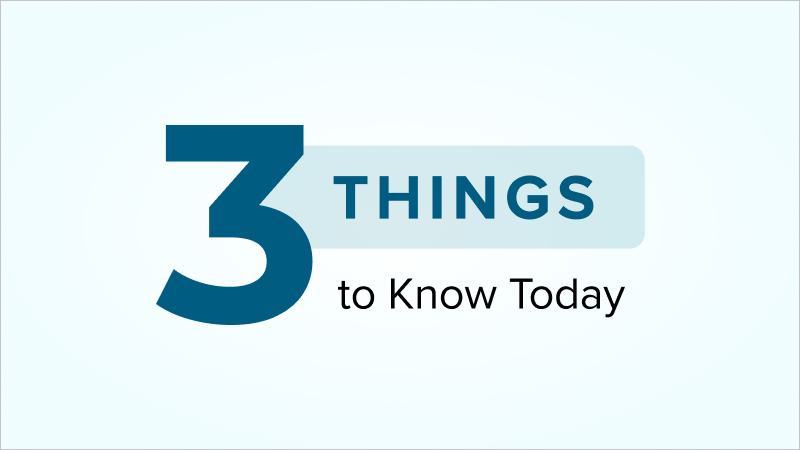

Federal Student Loan Forgiveness Will Exclude Most Physicians
A recent plan obtained by Politico revealed the Biden Administration’s intention to broadly forgive $10,000 in federal student loans, including graduate and PLUS loans.
Eases burden for many: Forgiving $10,000 of federal student loans would relieve 15 million borrowers of student debt.
But not everyone: The plan restricts forgiveness to those with incomes of less than $150,000. Roughly 30 million borrowers would still have outstanding debt.
Medical professionals largely left out: An annual gross income of $150,000 is at the top 80th percentile of earners in the US. Healthcare providers, including physicians, dentists, veterinarians, and advanced-practiced nurses, largely occupy that percentile.

Men Are at Higher Risk Than Women for Many Cancers
Men have a significantly higher risk of developing 11 types of cancer compared to women. New research shows that the difference can be partly explained by risky behavior and carcinogenic exposure.
Equal probability: The lifetime probability of developing cancer for both genders are about equal, according to the researchers, with men experiencing a 40% chance and women a 39% chance.
Different burden: The study found that the burden of cancer at shared anatomic sites is significantly higher in men, with the relative risk more than two times higher among men than women.
“There are differences in cancer incidence that are not explained by environmental exposures alone,” said lead author Sarah S. Jackson, PhD. “This suggests that there are intrinsic biological differences between men and women that affect susceptibility to cancer.”
The results do not support changes to existing cancer prevention protocols.

Should You Sell Your Practice to a Private Equity Firm?
More and more physicians are being pursued by private equity firms that want to buy their practices.
Growing Interest: The total value of healthcare private equity deals was estimated to be $120 billion in 2019, and the number is anticipated to grow over the coming years.
Still controversial: Many physicians feel they wouild lose control of the practice and fear private equity firms would make budgets too tight, would mismanage operations, or would even mishandle their investment in the practice.
Big Payout: One upside of selling to private equity firms is the payout. Private equity firms typically pay more for practices compared to hospitals or many large private practices. Physicians often get a hefty immediate payment when they sell.
“Private equity deals are changing the healthcare landscape. They are creating large, independent practices that help physicians remain independent from hospital systems and potentially have the clout to get more favorable reimbursements,” said James D. Wall, an attorney in Winston-Salem, North Carolina, who has handled many private equity deals.
Kaitlin Edwards is a staff medical editor based in New York City. You can follow her on Twitter @kaitmedwards. For more news, follow Medscape on Facebook, Twitter, Instagram, and YouTube.
Source: Read Full Article
